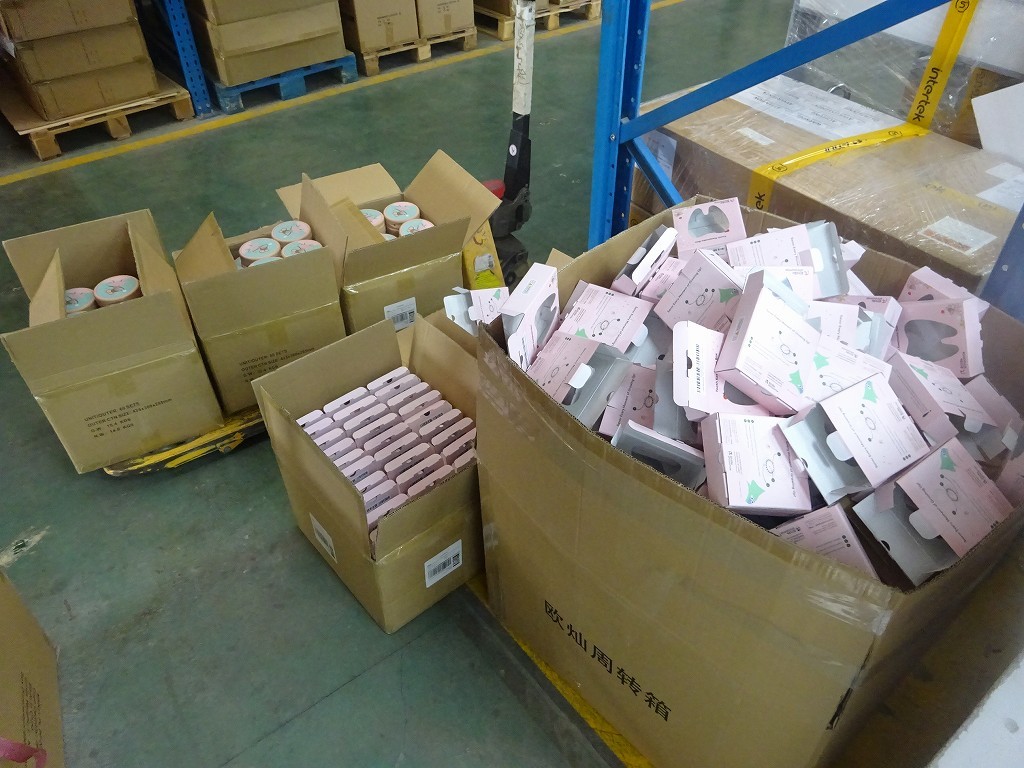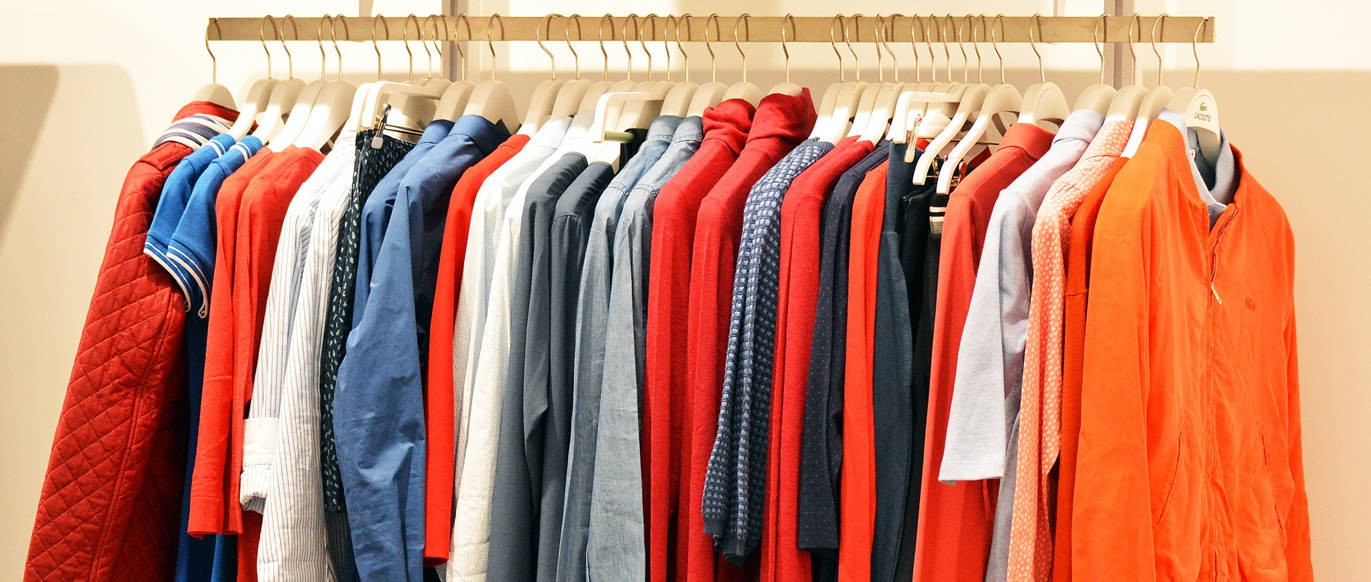Canvas, a versatile and durable fabric, finds extensive use in various industries and products. It is made from natural or synthetic fibers and is known for its strength, breathability, and resistance to wear and tear. This article explores the applications of canvas and provides insights into the key considerations for conducting quality inspections of canvas-based products.
1.Applications of Canvas:
Canvas serves as a fundamental material in the production of numerous products across industries. Some prominent applications include:
1.1. Art and Painting:
Canvas is widely used as a painting surface due to its texture, absorbency, and ability to hold paints well. Artists often prefer canvas over other materials for its flexibility and durability, enabling them to create stunning works of art.
1.2. Bags and Luggage:
Canvas is a popular choice for manufacturing bags, backpacks, and luggage items. Its robustness, resistance to tearing, and breathability make it suitable for carrying various items, from groceries to camping gear.
1.3. Shoes and Footwear:
Canvas shoes are favored for their lightweight nature, breathability, and comfort. They are particularly popular in casual and athletic footwear, offering a stylish and practical choice for everyday use.
1.4. Home Furnishings:
Canvas-based products are commonly used in home decor and furnishings. Canvas curtains, cushion covers, and upholstery lend a natural and rustic appeal to interiors, while also being highly durable.
1.5. Industrial and Construction:
Canvas plays a crucial role in industrial settings and construction projects. It is used for making tarps, tents, protective covers, and machinery enclosures. The fabric’s resistance to harsh weather conditions and its ability to provide shelter and protection make it valuable in these applications.
2.Quality Inspection of Canvas Products:
Ensuring the quality of canvas-based products is essential to maintain customer satisfaction and uphold industry standards. When conducting quality inspections, the following key considerations should be kept in mind:
2.1. Material Selection:
The quality of the canvas fabric itself greatly influences the overall product quality. Inspectors should verify that the fabric meets the specified requirements and standards. Factors such as fiber composition, weave density, and thread strength should be assessed to ensure they align with the product’s intended use.
2.2. Stitching and Seam Strength:
Examining the stitching and seam strength is crucial to determine the durability of canvas products. Inspectors should check for uniform and secure stitching, ensuring that seams can withstand stress and do not unravel easily. Reinforced stitching in high-stress areas is particularly important in products such as bags and tents.
2.3. Finishing and Coatings:
Certain canvas products, like tents or tarps, often undergo treatments or coatings to enhance their performance. During quality inspections, it is essential to evaluate the quality and uniformity of applied coatings, such as water repellents, flame retardants, or UV protectants. These coatings should adhere properly, without any flaking or unevenness, to ensure the desired functionality of the product.
2.4. Colorfastness and Appearance:
Inspectors should assess the colorfastness of the canvas fabric. It should resist fading or bleeding when exposed to light, water, or cleaning agents. Additionally, the overall appearance of the product, including any patterns, prints, or branding, should be visually appealing and free from defects like smudges, discoloration, or misalignment.
2.5. Strength and Tear Resistance:
The inherent strength and tear resistance of canvas are significant quality indicators. Inspectors should check for any weak spots, thin areas, or loose threads that could compromise the product’s integrity. Tensile strength tests can be conducted to ensure that the canvas can withstand the intended load and usage conditions.
2.6. Fittings and Hardware:
Canvas products often incorporate fittings and hardware, such as zippers, buckles, or grommets. These elements should be inspected for proper functioning, smooth operation, and resistance to corrosion. Any sharp edges, missing parts, or substandard fittings can affect the overall usability and longevity of the product.
Conclusion:
Canvas is a versatile and widely used material that finds applications in diverse industries. Conducting thorough quality inspections of canvas-based products is crucial to ensure their durability, performance, and customer satisfaction. By considering aspects such as material selection, stitching, coatings, colorfastness, strength, and fittings, manufacturers can deliver high-quality canvas products that meet industry standards and consumer expectations.






